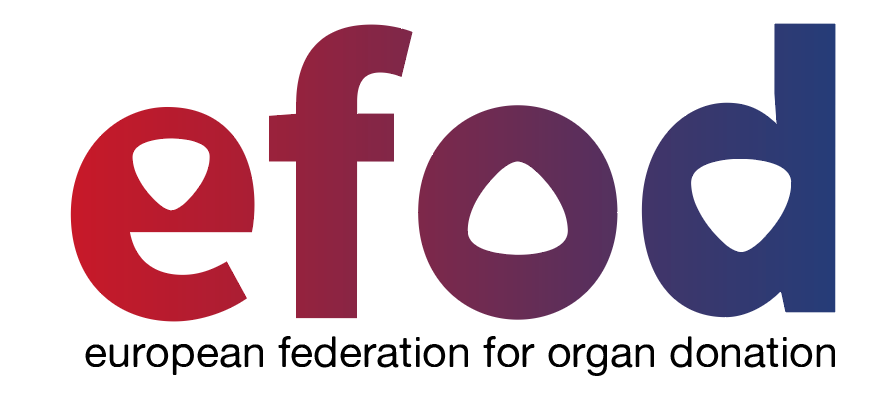National legislation on organ donation
Main law references
Law: 2020 Donor Act
Expression of consent or dissent to the donation and organs that can be donated
Post mortem donation
Who can donate organs: every person resident in the Netherlands (the person’s nationality is irrelevant) aged 18 or older must register in the Donor Register. There are four options:
-Yes, I give permission (you can specify what organs or tissue you would like to donate);
-No, I do not give permission;
-My partner or family decides;
-I am authorizing a specific person to decide.
If you don’t register, this is viewed as silent consent.
Which organs can be transplanted: heart, kidneys, liver, pancreas, intestines.
Which tissues can be transplanted: skin, bone tissue (including tendons and cartilage), eye tissue, heart valves, blood vessels.
Living Donation Process
Which organs can be transplanted: kidneys, part of the liver, part of the lungs, stem cells, bone marrow.
Rules: donation may not cause lasting damage to the health of the donor.
Children and young people under 18 years of age may only donate organs and tissue that can grow back again.
The donor may not receive payment for the donation. The donor must not have been put under pressure to donate an organ or tissue.
National laws on organ donation




